- Home
- Nora Roberts
Jewels of the Sun Page 4
Jewels of the Sun Read online
Page 4
food and looking flushed and satisfied.
“Did you nail him, Darcy?” someone wanted to know.
“No, he ducked.” She tossed her head, sending a cloud of raven-black hair flying. Temper suited her. Her Kerry blue eyes snapped with it, her generous mouth pouted. She carried the tray with a sassy twitch of hip to a family of five crowded at a low table. And when she served, bending down to catch whatever the woman at the table murmured to her, she threw back her head and laughed.
The laughter suited her just as well as the temper, Jude noted.
“I’ll be taking the price of the plate out of your pay,” Aidan informed her when she strolled over to the bar.
“That’s fine, then. Worth every penny, more if I’d hit the mark. The Clooneys are needing two more Cokes, a ginger ale and two Harps—a pint and a glass.”
Aidan began to fill the order. “Darcy, this is Jude Murray from America, come to stay in Old Maude’s cottage.”
“Pleased to meet you.” The temper was quickly replaced by a lively interest in Darcy’s eyes. The pout gave way to a quick and dazzling smile. “Are you settling in well?”
“Yes, thank you.”
“It’s Chicago, isn’t it, where you’re from? Do you love it there?”
“It’s a beautiful city.”
“And loaded with fine shops and restaurants and the like. What do you do in Chicago, for your living?”
“I teach psychology.” Taught, Jude thought, but that was too hard to explain, especially since attention had once again focused on her.
“Do you, now? Well, and that’s very handy.” Darcy’s beautiful eyes gleamed with humor, and just a touch of malice. “Perhaps you could examine my brother Shawn’s head when you’ve time. There’s been something wrong with it since birth.”
She picked up the tray of drinks Aidan nudged toward her, then grinned at him. “And it was two plates. I missed both times, but I nearly caught him at the ear the second round.”
She sauntered off to serve drinks and take orders from the tables.
Aidan exchanged glasses for pounds, set another two under the taps for building, then lifted a brow at Jude. “Is the wine not to your taste?”
“What?” She glanced down, noting that she’d barely sipped at it. “No, it’s nice.” She drank to be polite, then smiled so her dimples fluttered shyly to life again. “Lovely, actually. I was distracted.”
“You needn’t worry about Darcy and Shawn. Shawn’s fast on his feet, true enough, but our sister’s an arm like a bullet. If she’d meant to hit him, she likely would have.”
Jude made a noncommittal sound as someone in the front corner began to play a tune on a concertina.
“I’ve cousins in Chicago.” This came from Tim, who continued to stand behind her, waiting patiently for his second pint. “The Dempseys, Mary and Jack. You wouldn’t happen to know them?”
“No, I’m sorry.” Jude shifted on her stool, tipped her face up to his.
“Chicago’s a big place. My cousin Jack and I were boys together, and he went over to America to work with his uncle on his mother’s side, in a meat-packing plant. Been there ten years now and complains bitter about the wind and the winters, but makes no move to come back home.”
He took the pint from Aidan with a thanks and slid the coins for it over the bar. “Aidan, you’ve been to Chicago, haven’t you?”
“Passed through, mostly. The lake’s a sight, and seems big as the sea. The wind coming off it’s like knives through the skin and into the bone. But you can get a steak there, if memory serves, that will make you weep with gratitude that God created the cow.”
He was working as he spoke, filling another order for his sister’s tray, keeping the taps going, opening a bottle of American beer for a boy who looked as if he should still be sucking on milk shakes.
The music picked up, a livelier pace now. When Darcy lifted the tray from the bar this time, she was singing in a way that made Jude stare with admiration and envy.
Not just at the voice, though it was stunning enough with its silver-bright clarity. But at the kind of ease of self that would allow someone to simply break into song in public. It was a tune about dying an old maid in a garret, which Jude concluded from the glances of the males in the room, ranging from the Clooney boy of about ten to an ancient skeleton of a man at the farthest end of the bar, was a fate Darcy Gallagher would never face.
People joined in the chorus, and the taps began to flow more quickly.
The first tune blended into a second, with barely a change of rhythm. Aidan picked up the lyrics, singing of the betrayal of the woman wearing the black velvet band so smoothly that Jude could only stare. He had a voice as rich as his sister’s and as carelessly beautiful.
He pulled a pint of lager as he sang, then winked at her as he slid it down the bar. She felt heat rush into her face—the mortification of being caught openly staring—but she trusted the light was dim enough to mask it.
She picked up her glass, hoping she looked casual, as if she often sat in bars where song broke out all around her and men who looked like works of art winked in her direction. And discovered her glass was full. She frowned at it, certain that she’d sipped away at least half the wine. But as Aidan was halfway down the bar and she didn’t want to interrupt his work or the song, she shrugged and enjoyed the full glass.
The door of what she assumed was the kitchen swung open again. She could only be grateful that no one was paying attention to her, because she was sure she goggled. The man who came through it looked as though he’d stepped out of a movie set—some film about ancient Celtic knights saving kingdoms and damsels.
He had a loose and lanky build that went well with the worn jeans and dark sweater. His hair was black as night and wove its way over the collar of the sweater. Eyes a dreamy lake blue sparkled with humor. His mouth was like Aidan’s, full and strong and sensual, and his nose was just crooked enough to spare him from the burden of perfection.
She noted the nick on his right ear and assumed this was Shawn Gallagher, and that he hadn’t ducked quite quickly enough.
He moved gracefully across the room to serve the food he carried on the tray. Then, in a lightning move that made Jude catch her breath and prepare for the battle, he grabbed his sister, yanked her to face him, then spun her into a complicated dance.
What kind of people, Jude wondered, could swear at each other one minute, then dance around a pub together laughing the next?
The patrons whistled and clapped. Feet pounded. The dance whirled close enough to Jude for her to feel the breeze of spinning bodies. Then when it stopped, Darcy and Shawn cozily embraced and grinned at each other like fools.
After he’d kissed his sister smartly on the mouth, he turned his head and studied Jude in the friendliest of manners. “Well, who might this be, come out of the night and into Gallagher’s?”
“This is Jude Murray, cousin to Old Maude,” Darcy told him. “This is my brother Shawn, the one in dire need of your professional help.”
“Ah, Brenna told me she’d met you when you arrived. Jude F. Murray, from Chicago.”
“What’s the ‘F’ for?” Aidan wanted to know.
Jude swiveled her head to look at him, found it was just a little light. “Frances.”
“She saw Lady Gwen,” Shawn announced, and before Jude could swivel her head back again, the pub had gone quiet.
“Did she, now?” Aidan wiped his hands on his cloth, set it aside, then leaned on the bar. “Well, then.”
There was a pause, an expectant one. Fumbling, Jude tried to fill it. “No, I just thought I’d seen . . . it was raining.” She picked up her glass, drank deeply, and prayed the music would start again.
“Aidan’s seen Lady Gwen, walking the cliffs.”
Jude stared at Shawn, then back at Aidan. “You’ve seen a ghost,” she said in carefully spaced words.
“She weeps as she walks and as she waits. And the sound of it stabs into your heart so it
bleeds from the inside out.”
Part of her simply wanted to ride on the music of his voice, but she blinked, shook her head. “But you don’t actually believe in ghosts.”
He lifted that handsome eyebrow again. “Why wouldn’t I?”
“Because . . . they don’t exist?”
He laughed, a rich and rolling sound, then solved the mystery of her never empty glass by topping off the wine. “I’ll be wanting to hear you say that after living here another month. Didn’t your granny tell you the story of Lady Gwen and Carrick of the faeries?”
“No. Well, actually, I have a number of tapes she made for me, and letters and journals that deal with legends and myths. I’m, ah . . . considering doing a paper on the subject of Irish folklore and its place in the psychology of the culture.”
“Isn’t that something.” He didn’t trouble to hide his amusement, even when he saw the frown cloud over her face. To his mind she had as pretty a pout as he’d ever seen. “You’ve come to a good place for material for such a fine project.”
“You should tell her about Lady Gwen,” Darcy put in. “And other stories, Aidan. You tell them best.”
“I will, then, another time. If you’re interested, Jude Frances.”
She was miffed, and she realized with some distress, just a little drunk. Mustering her dignity as best she could, she nodded. “Of course. I’d like to include local color and stories in my research. I’d be happy to set up appointments—at your convenience.”
His smile came again, slow, easy. Devastating. “Oh, well, we’re not so very formal around here. I’ll just come around one day, and if you’re not busy, I’ll tell you some stories I know.”
“All right. Thank you.” She opened her purse, started to get out her wallet, but he laid a hand over hers.
“There’s no need to pay. The wine’s on the house, for welcome.”
“That’s very kind of you.” She wished she had a clue as to just how much welcome she’d put into her bloodstream.
“See that you come back,” he said when she got to her feet.
“I’m sure I will. Good night.” She scanned the room, since it seemed polite to make it a blanket statement, then looked back at Aidan. “Thank you.”
“Good night to you, Jude Frances.”
He watched her leave, absently getting a glass as another beer was called for. A pretty thing, he thought again. And just prim enough, he decided, to make a man wonder what it would take to relax her.
He thought he might enjoy taking the time to find out. After all, he had a wealth of time.
“She must be rich,” Darcy commented with a little sigh.
Aidan glanced over. “Why do you say that?”
“You can tell by her clothes, all simple and perfect. The little earrings she had on, the hoops, those were real gold, and the shoes were Italian or I’ll marry a monkey.”
He hadn’t noticed the earrings or the shoes, just the overall package, that understated and neat femininity. And being a man, he had imagined loosening that band she’d wrapped around her hair and setting it free.
But his sister was pouting, so he turned and flicked a finger down her nose. “She may be rich, Darcy my darling, but she’s alone and shy as you never are. Money won’t buy her a friend.”
Darcy pushed her hair back over her shoulder. “I’ll go by the cottage and see her.”
“You’ve a good heart.”
She grinned and picked up her tray. “You were looking at her bum when she left.”
He grinned back. “I’ve good eyes.”
After the last customer wandered his way home, and the glasses were washed, the floor mopped, and the doors locked, Aidan found himself too restless for sleep, or a book, or a glass of whiskey by his fire.
He didn’t mind that last hour of the day spent alone in his rooms over the pub. Often he treasured it. But he treasured just as much the long walks he was prone to take on nights where the sky was thrown open with stars and the moon sailed white over the water.
Tonight he walked to the cliffs, as they were on his mind. It was true enough what his brother had said. Aidan had seen Lady Gwen, and more than once, standing high over the sea, with the wind blowing her pale hair behind her like the mane of a wild horse and her cloak billowing, white as the moon overhead.
The first time, he’d been a child and initially had been filled with excited terror. Then he’d been moved beyond measure by the wretched sound of her weeping and the despair in her face.
She’d never spoken, but she had looked at him, seen him. That he would swear on as many Bibles as you could stack under his hand.
Tonight he wasn’t looking for ghosts, for the spirit memory of a woman who’d lost what she loved most before she’d recognized it.
He was only looking for a walk in the air made chilly by night and sea, in a land he’d come back to because nowhere else had ever been home.
When he climbed up the path he knew as well as the path from his own bed to his bath, he sensed nothing but the night, and the air, and the sea.
The water beat below, its endless war on rock. Light from the half moon spilled in a delicate line over black water that was never quite calm. Here he could breathe, and think the long thoughts he rarely had time for in the day-to-day doing of his work.
The pub was for him now. And though he’d never expected the full weight of it, it sat well enough on his shoulders. His parents’ decision to stay in Boston rather than to remain only long enough to help his uncle open his own pub and get it over the first six months of business hadn’t come as that much of a surprise.
His father had missed his brother sorely, and his mother had always been one for moving to a new place. They’d be back, not to live, perhaps, but they would be back to see friends, to hold their children. But Gallagher’s Pub had been passed on from father to son once again.
Since it was his legacy, he meant to do right by it.
Darcy wouldn’t wait tables and build sandwiches forever. He accepted that as well. She stored her money away like a squirrel its nuts. When she had enough to content her, she’d be off.
Shawn was happy enough for the moment to run the kitchen, to dream his dreams and to have every other female in the village pining over him. One day he would stumble over the right dream, and the right woman, and that would be that as well.
If Aidan intended Gallagher’s to go on—and he did—he would have to think about finding himself a woman and going about the business of making a son—or a daughter, for that matter, as he wasn’t so entrenched in tradition he couldn’t see passing what he had on to a girl.
But there was time for that, thank Jesus. After all, he was only thirty-one, and he didn’t intend to marry just for responsibility. There would be love, and passion, and the meeting of minds before there were vows.
One of the things he’d learned on his travels was what a man could settle for, and what he couldn’t. You could settle for a lumpy bed if the alternative was the floor, and be grateful. But you couldn’t settle for a woman who bored you or failed to stir your blood, no matter how fair her face.
As he was thinking that, he turned and looked out over the roll of land, over to the soft rise where the white cottage sat under the sky and stars. There was a thin haze of smoke rising from the chimney, a single light burning against the window.
Jude Frances Murray, he thought and found himself bringing her face into his mind. What are you doing in your little house on the faerie hill? Reading a good book perhaps, one with plenty of weight and profound messages. Or do you sneak into a story with fun and foolishness when no one’s around to see?
It’s image that worries you, he mused. That much he’d gotten from the hour or so she’d spent on one of his stools. What are people thinking? What do they see when they look at you?
And while she was thinking that, he mused, she was absorbing everything around her that she could see or hear. He doubted she knew it, but he’d seen it in her eyes.
He thought he would take some time to find out what he thought of her, what he saw in her, and what was real.
She’d already stirred his blood with those big sea goddess eyes of hers and that sternly bound hair. He liked her voice, the preciseness of it that seemed so intriguingly at odds with the shyness.
What would she do, pretty Jude, he wondered, if he was to ramble over now and rap on her door?
No point in frightening her to death, he decided, just because he was restless and something about her had made him want.
“Sleep well, then,” he murmured, sliding his hands into his pockets as the wind whirled around him. “One night when I go walking it won’t be to the cliffs, but to your door. Then we’ll see what we see.”
A shadow passed the window, and the curtain twitched aside. There she stood, almost as if she’d heard him. It was too far away for him to see more than the shape of her, outlined against the light.
He thought she might see him as well, just a shadow on the cliffs.
Then the curtain closed again, and moments later, the light went out.
FOUR
RELIABILITY, JUDE TOLD herself, began with responsibility. And both were rooted in discipline. With this short lecture in her head, she rose the next morning, prepared a simple breakfast, then took a pot of tea up to her office to settle down and work.
She would not go outside and take a walk over the hills, though it was a perfectly gorgeous day. She would not wander out to dream over the flowers, no matter how pretty they looked out the window. And she certainly wasn’t going to drive into the village and spend an hour or two roaming the beach, however compelling the idea.
Though many might consider her notion of exploring the legends handed down from generation to generation in Ireland a flighty idea at best, it was certainly viable work if approached properly and with clear thinking. The oral storytelling art, as well as the written word, was one of the cornerstones in the foundation of culture, after all.
She couldn’t bring herself to acknowledge that her most hidden, most secret desire was to write. To write stories, books, to simply open that carefully locked chamber in her heart and let the words and images rush out.
Whenever that lock rattled, she reminded herself it was an impractical, romantic, even foolish ambition. Ordinary people with average skills were better off contenting themselves with the sensible.
Researching, detailing, analyzing were sensible, things she’d been trained to do. Things, she thought with only a whisper of resentment, she’d been expected to do. The subject matter she’d selected was rebellion enough. So she would explore the psychological reason for the formation and perpetuation of the generational myths particular to the country of her ancestors.
Ireland was ripe with them.
Ghosts and banshees, pookas and faeries. What a rich and imaginative wonder was the Celtic mind! They said the cottage stood on a faerie hill, one of the magic spots that hid the gleaming raft below.
If memory served, she thought the legend went that a mortal could be lured, or even snatched, into the faerie world below the hill and kept there for a hundred years.
And wasn’t that fascinating?
Seemingly rational, ordinary people on the cusp of the twenty-first century could actually make such a statement without guile.
That, she decided, was the power of the myth on the intellect, and the psyche.
And it was strong enough, powerful enough, that for a little while, when she’d been alone in the night, she’d almost—almost believed it. The music of the wind chimes and the wind had added to it, she thought now. Songs, she mused, played by the air were meant to set the mind dreaming.
Then that figure standing out on the cliffs. The shadow of a man etched against sky and sea had drawn her gaze and caused her heart to thunder. He might have been a man waiting for a lover, or mourning one. A faerie prince weaving magic into the sea.
Very romantic, she decided, very powerful.
And of course—obviously—whoever it had been, whoever would walk wind-whipped cliffs after midnight, was lunatic. But she hadn’t thought of that until morning, for the punch of the image had her sighing and shivering over it into the night.
But the lunacy, for lack of a better word, was part of the charm of the people and their stories. So she would use it. Explore it. Immerse herself in it.
Revved, she turned to her machine, leaving the tapes and letters alone for the moment, and started her paper.
They say the cottage stands on a faerie hill, one of the many rises of land in Ireland under which the faeries live in their palaces and castles. It’s said that if you approach a faerie hill, you may hear the music that plays in the

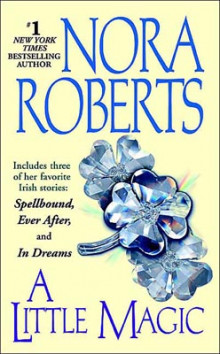 A Little Magic
A Little Magic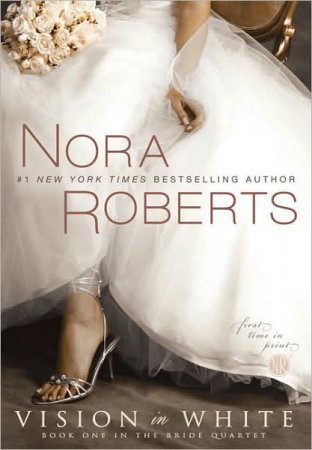 Vision in White
Vision in White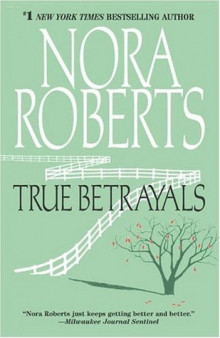 True Betrayals
True Betrayals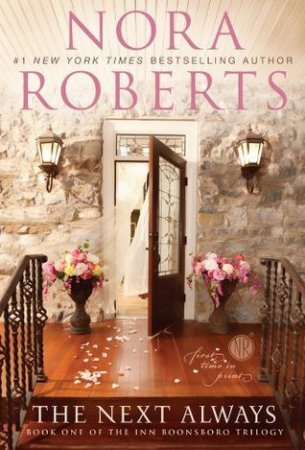 The Next Always
The Next Always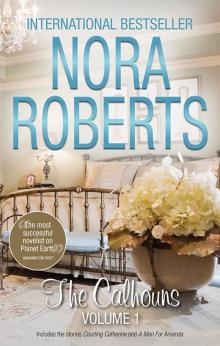 A Man for Amanda
A Man for Amanda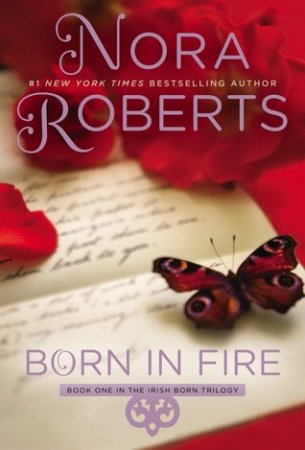 Born in Fire
Born in Fire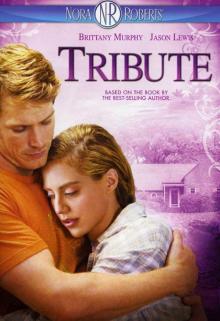 Tribute
Tribute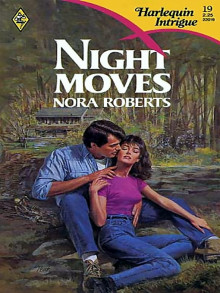 Night Moves
Night Moves Dance Upon the Air
Dance Upon the Air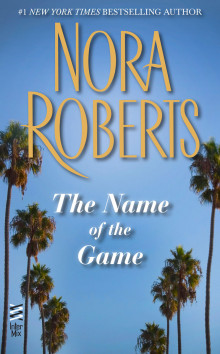 The Name of the Game
The Name of the Game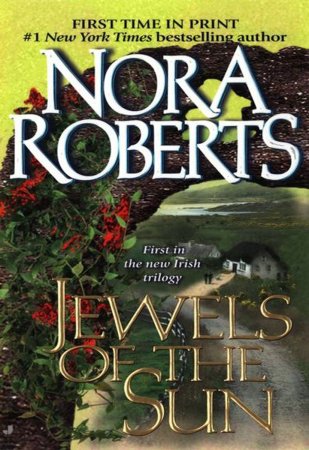 Jewels of the Sun
Jewels of the Sun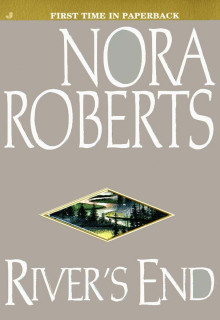 River's End
River's End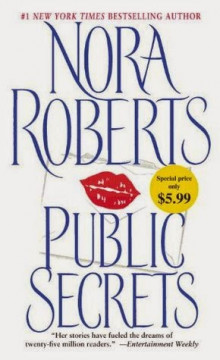 Public Secrets
Public Secrets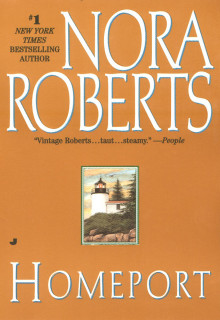 Homeport
Homeport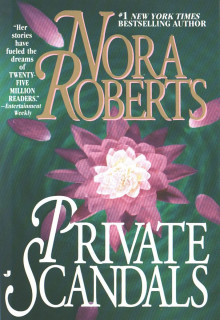 Private Scandals
Private Scandals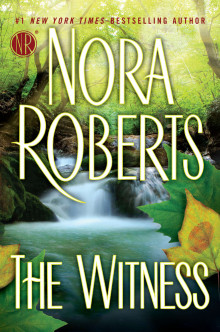 The Witness
The Witness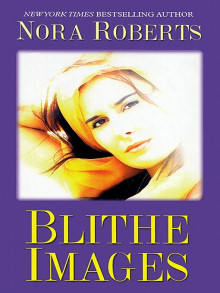 Blithe Images
Blithe Images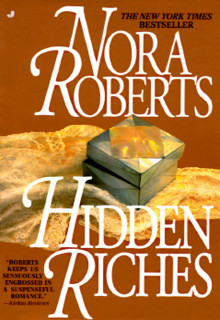 Hidden Riches
Hidden Riches Key of Light
Key of Light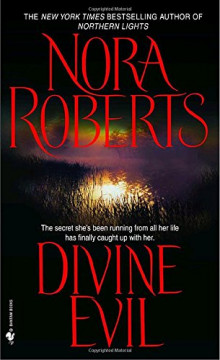 Divine Evil
Divine Evil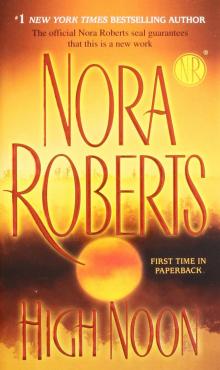 High Noon
High Noon Blue Dahlia
Blue Dahlia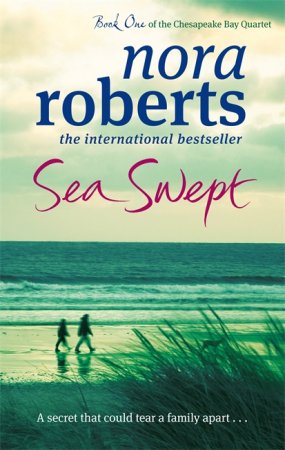 Sea Swept
Sea Swept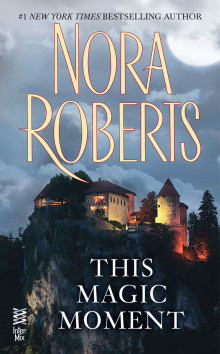 This Magic Moment
This Magic Moment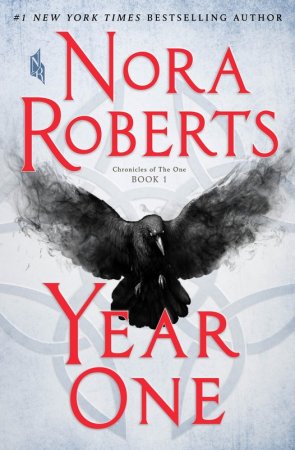 Year One
Year One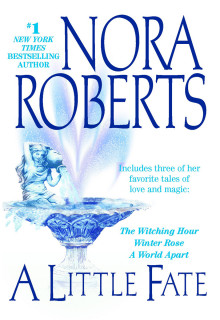 A Little Fate
A Little Fate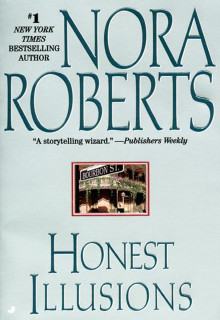 Honest Illusions
Honest Illusions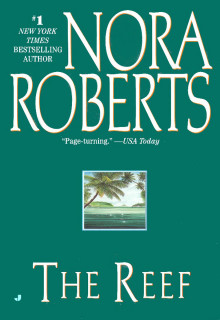 The Reef
The Reef Shelter in Place
Shelter in Place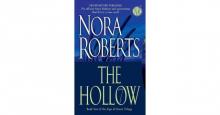 The Hollow
The Hollow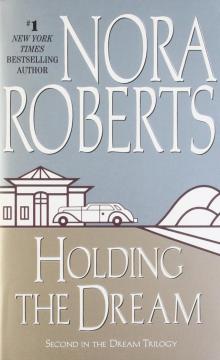 Holding the Dream
Holding the Dream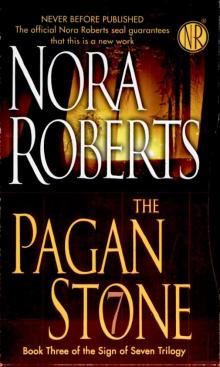 The Pagan Stone
The Pagan Stone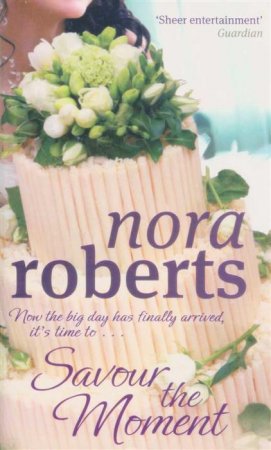 Savour the Moment
Savour the Moment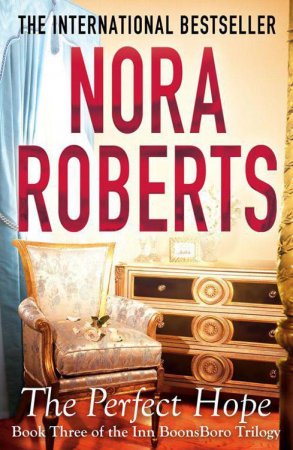 The Perfect Hope
The Perfect Hope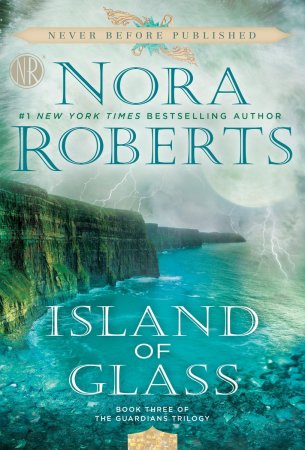 Island of Glass
Island of Glass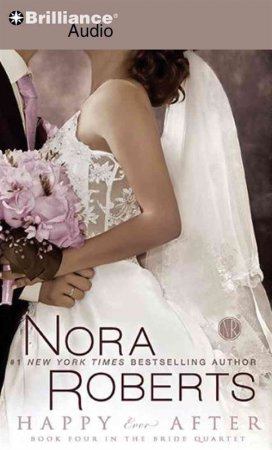 Happy Ever After
Happy Ever After Bed of Roses
Bed of Roses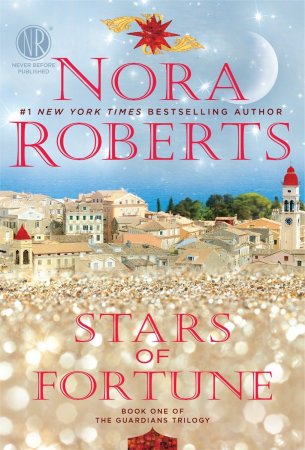 Stars of Fortune
Stars of Fortune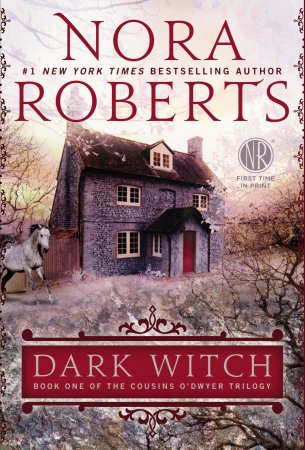 Dark Witch
Dark Witch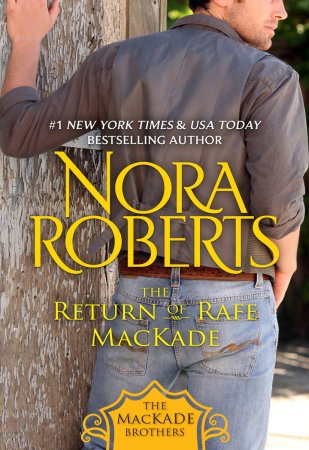 The Return of Rafe MacKade
The Return of Rafe MacKade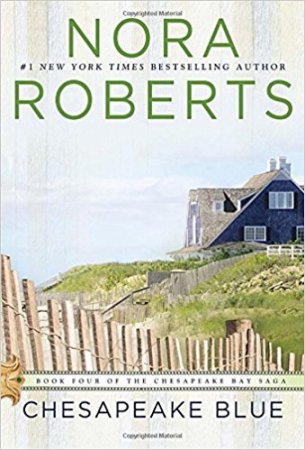 Chesapeake Blue
Chesapeake Blue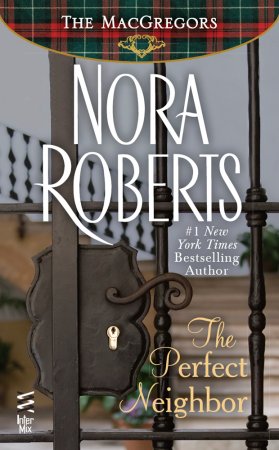 The Perfect Neighbor
The Perfect Neighbor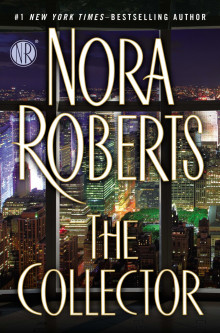 The Collector
The Collector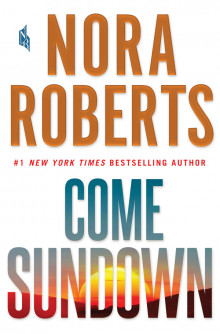 Come Sundown
Come Sundown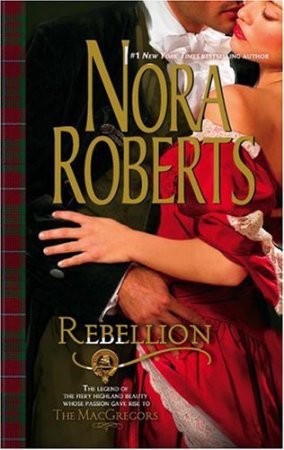 Rebellion
Rebellion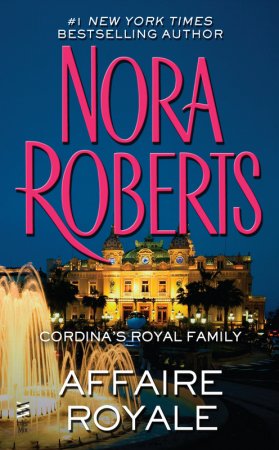 Affaire Royale
Affaire Royale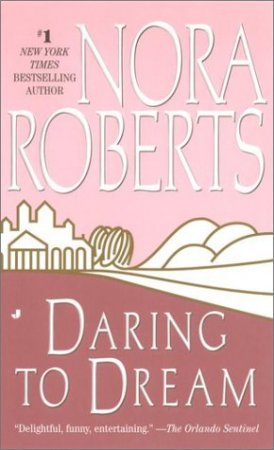 Daring to Dream
Daring to Dream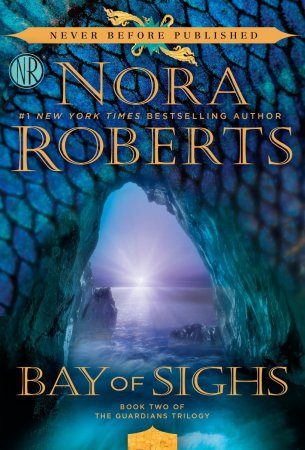 Bay of Sighs
Bay of Sighs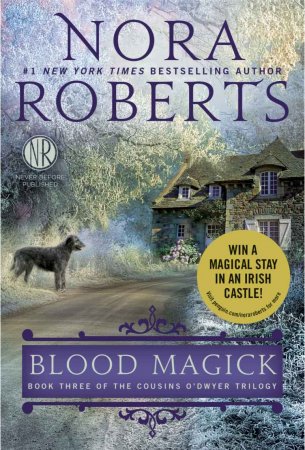 Blood Magick
Blood Magick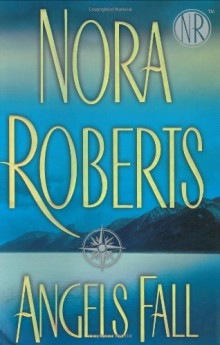 Angels Fall
Angels Fall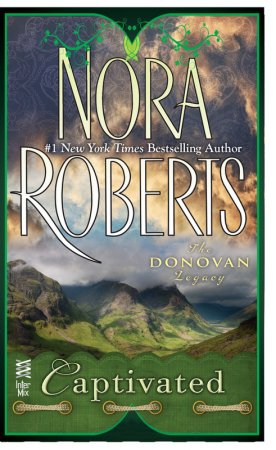 Captivated
Captivated The Last Boyfriend
The Last Boyfriend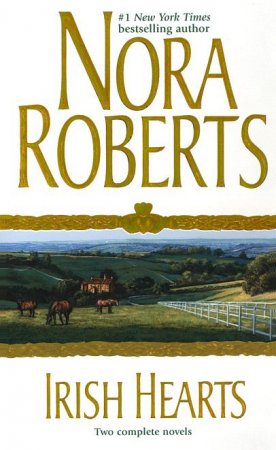 Irish Thoroughbred
Irish Thoroughbred Inner Harbor
Inner Harbor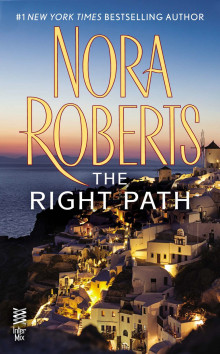 The Right Path
The Right Path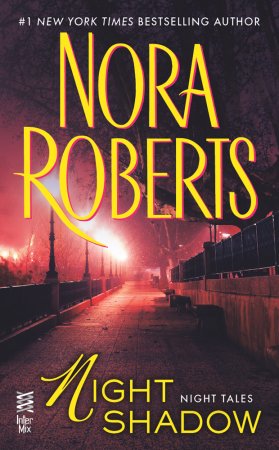 Night Shadow
Night Shadow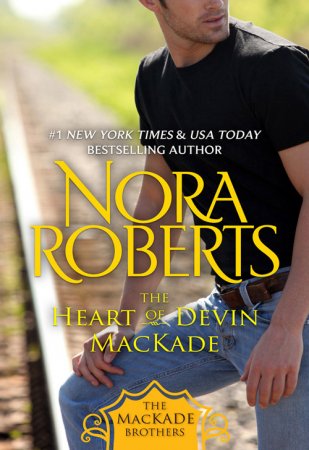 The Heart of Devin MacKade
The Heart of Devin MacKade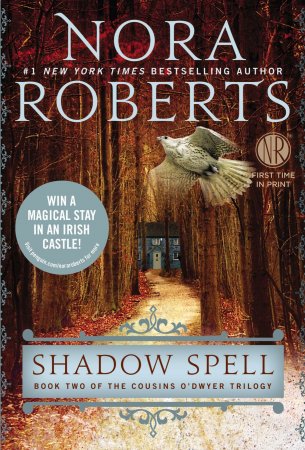 Shadow Spell
Shadow Spell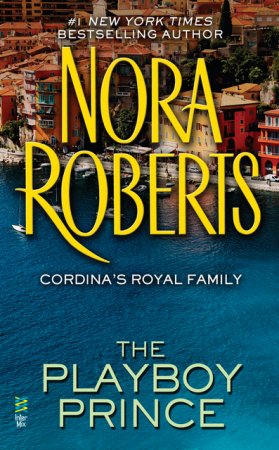 The Playboy Prince
The Playboy Prince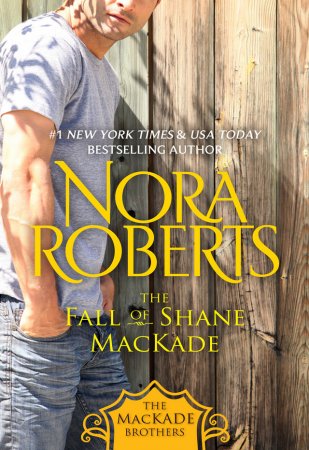 The Fall of Shane MacKade
The Fall of Shane MacKade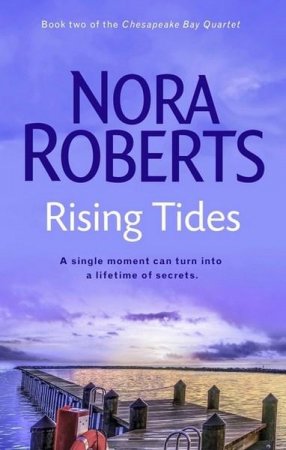 Rising Tides
Rising Tides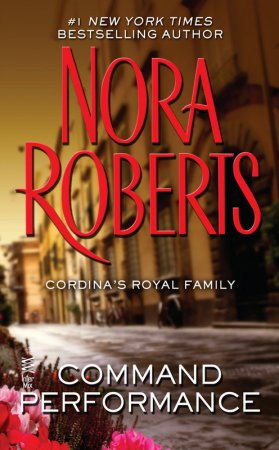 Command Performance
Command Performance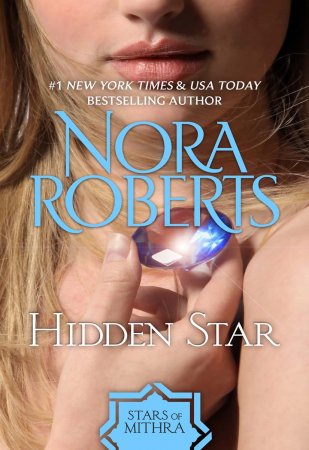 Hidden Star
Hidden Star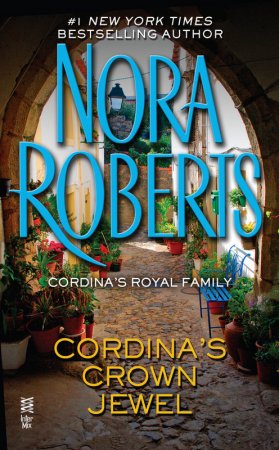 Cordina's Crown Jewel
Cordina's Crown Jewel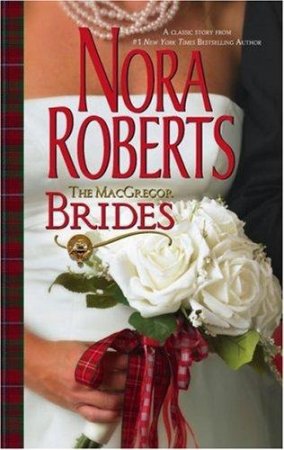 The MacGregor Brides
The MacGregor Brides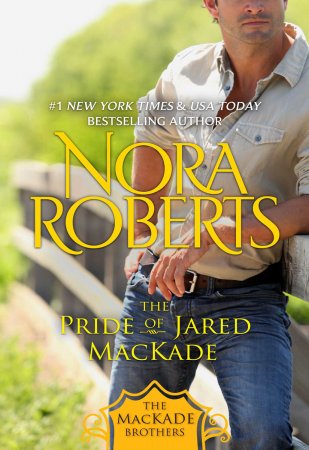 The Pride of Jared MacKade
The Pride of Jared MacKade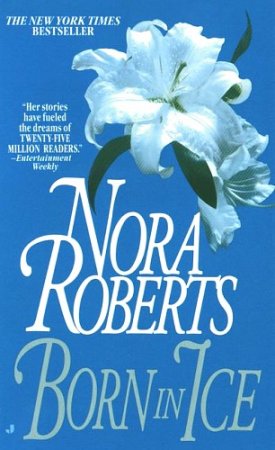 Born in Ice
Born in Ice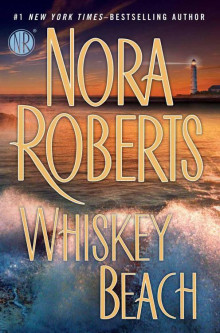 Whiskey Beach
Whiskey Beach The Last Honest Woman
The Last Honest Woman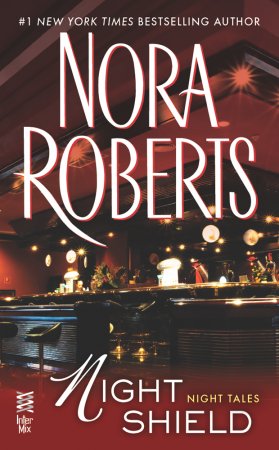 Night Shield
Night Shield Born in Shame
Born in Shame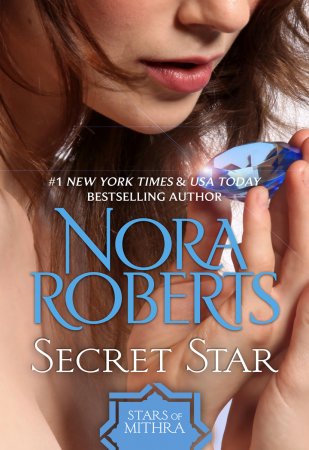 Secret Star
Secret Star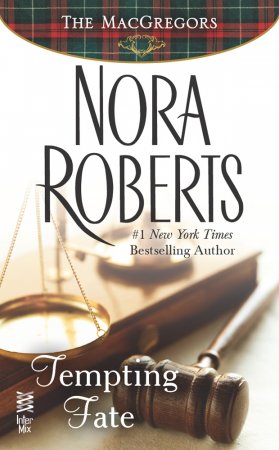 Tempting Fate
Tempting Fate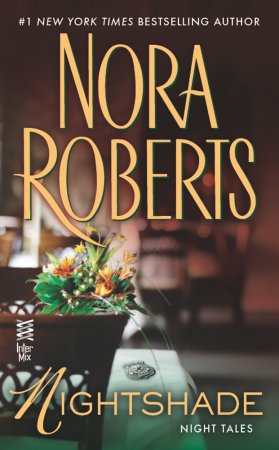 Nightshade
Nightshade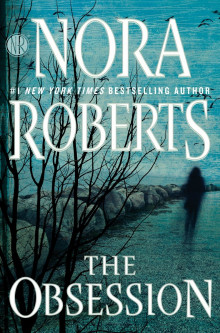 The Obsession
The Obsession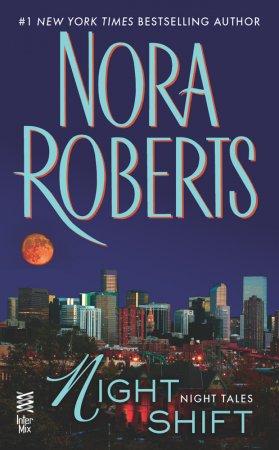 Night Shift
Night Shift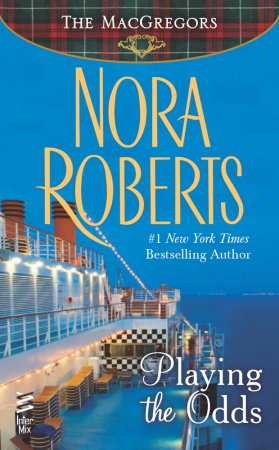 Playing The Odds
Playing The Odds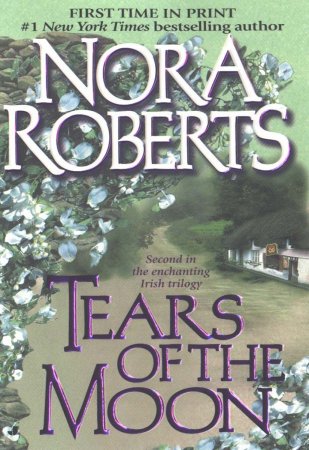 Tears of the Moon
Tears of the Moon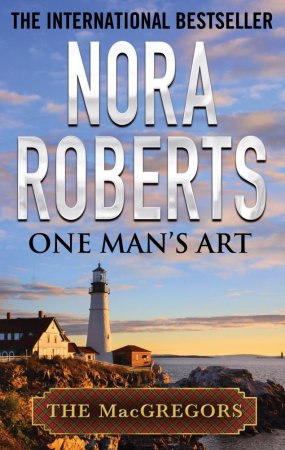 One Man's Art
One Man's Art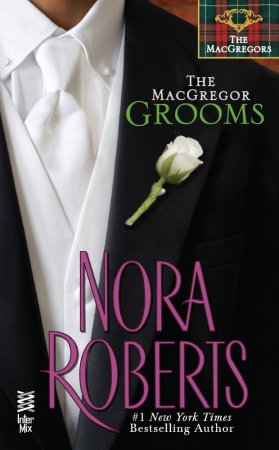 The MacGregor Groom
The MacGregor Groom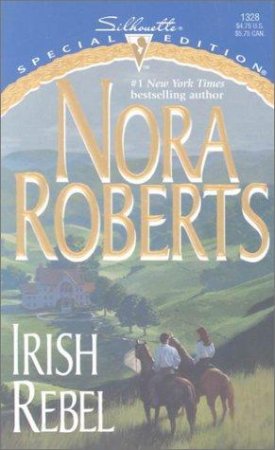 Irish Rebel
Irish Rebel Morrigan's Cross
Morrigan's Cross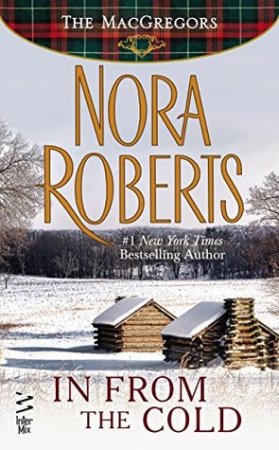 In From The Cold
In From The Cold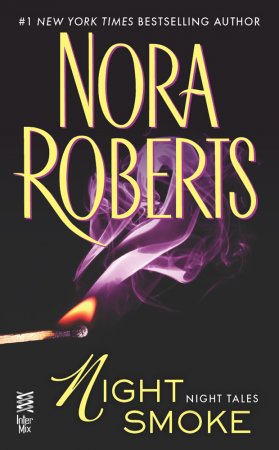 Night Smoke
Night Smoke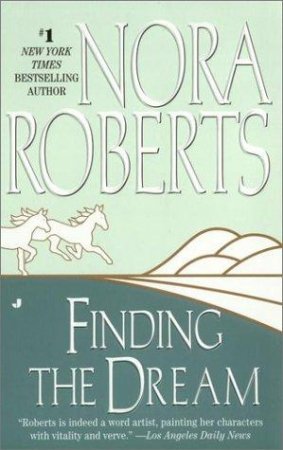 Finding the Dream
Finding the Dream Red Lily
Red Lily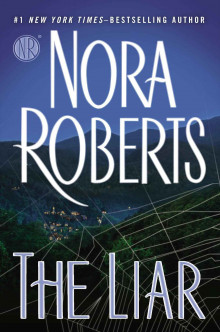 The Liar
The Liar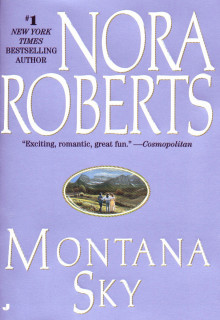 Montana Sky
Montana Sky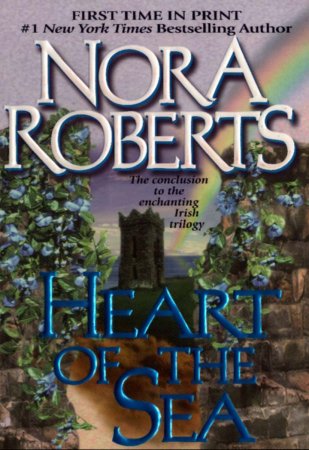 Heart of the Sea
Heart of the Sea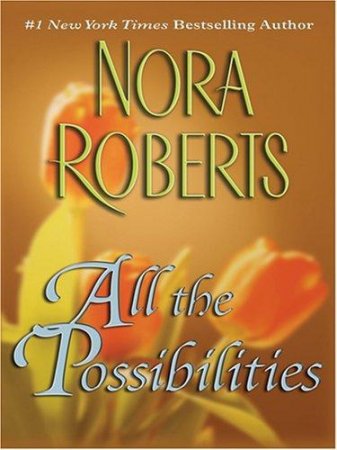 All The Possibilities
All The Possibilities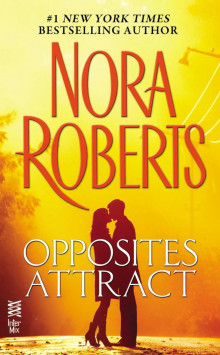 Opposites Attract
Opposites Attract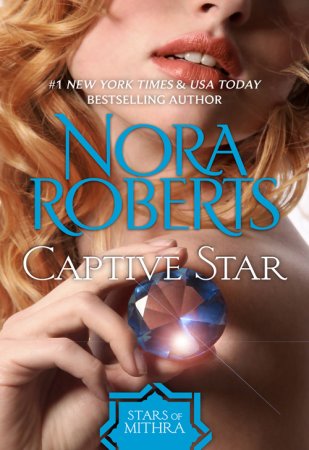 Captive Star
Captive Star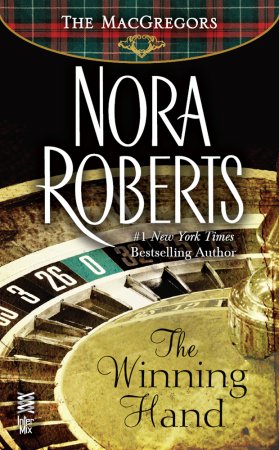 The Winning Hand
The Winning Hand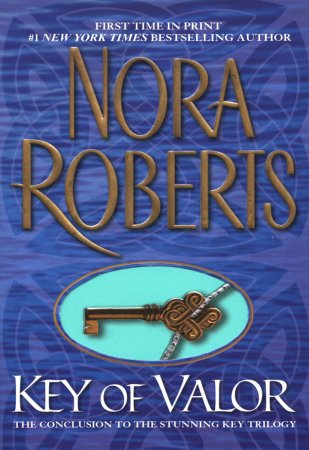 Key of Valor
Key of Valor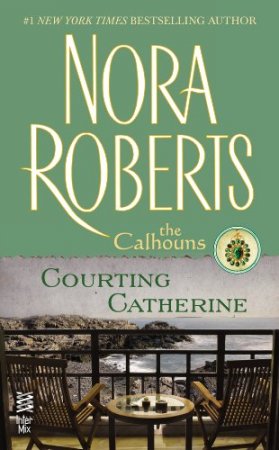 Courting Catherine
Courting Catherine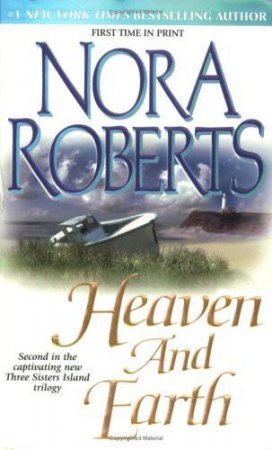 Heaven and Earth
Heaven and Earth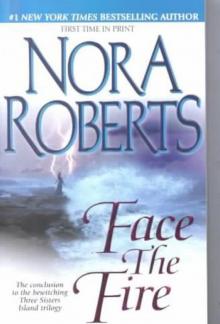 Face the Fire
Face the Fire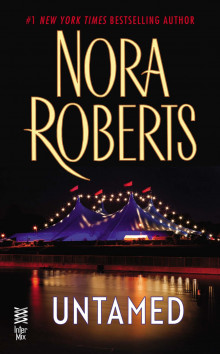 Untamed
Untamed Skin Deep
Skin Deep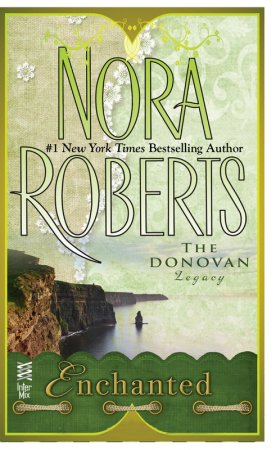 Enchanted
Enchanted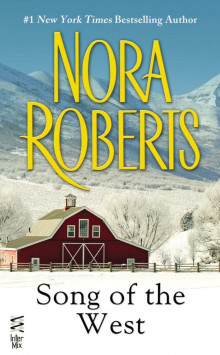 Song of the West
Song of the West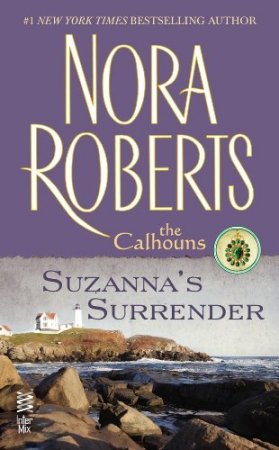 Suzanna's Surrender
Suzanna's Surrender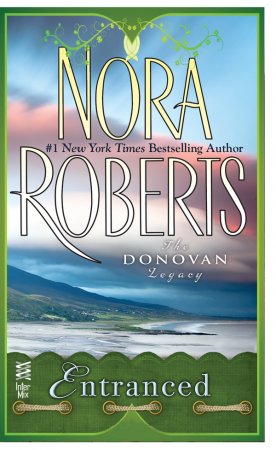 Entranced
Entranced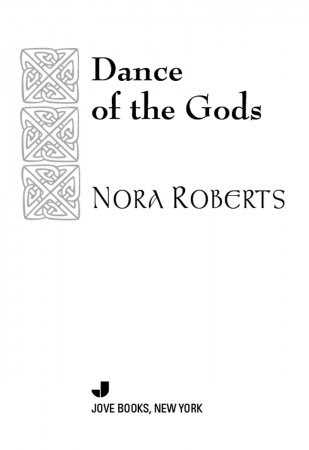 Dance of the Gods
Dance of the Gods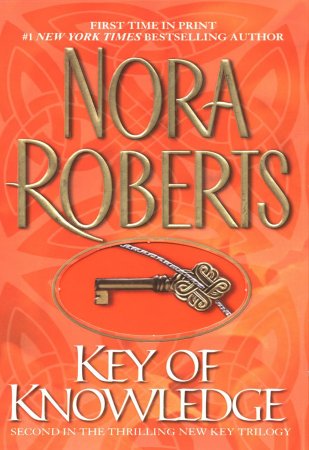 Key of Knowledge
Key of Knowledge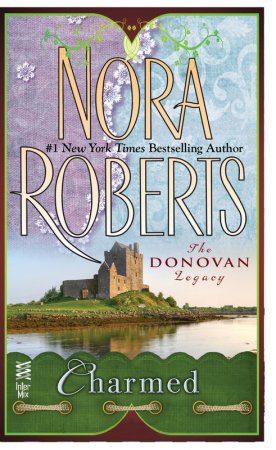 Charmed
Charmed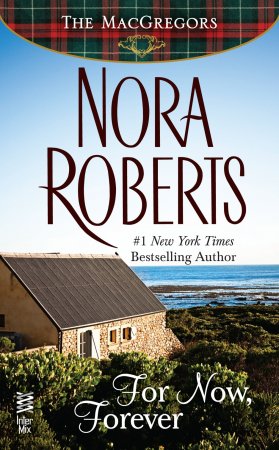 For Now, Forever
For Now, Forever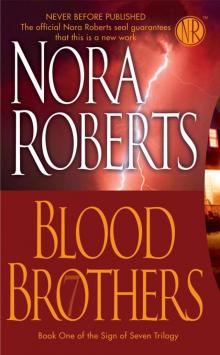 Blood Brothers
Blood Brothers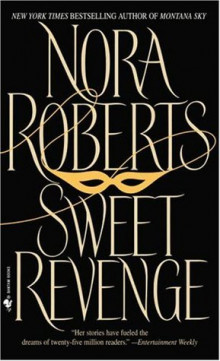 Sweet Revenge
Sweet Revenge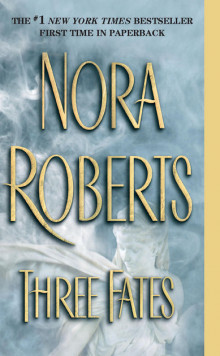 Three Fates
Three Fates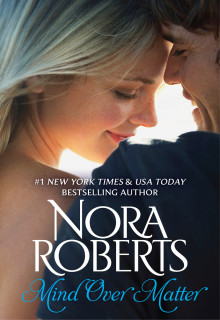 Mind Over Matter
Mind Over Matter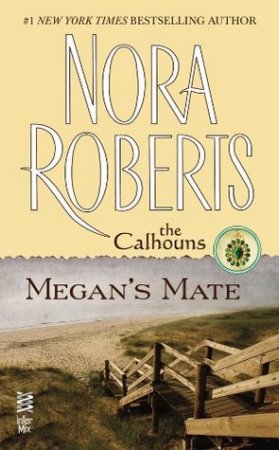 Megan's Mate
Megan's Mate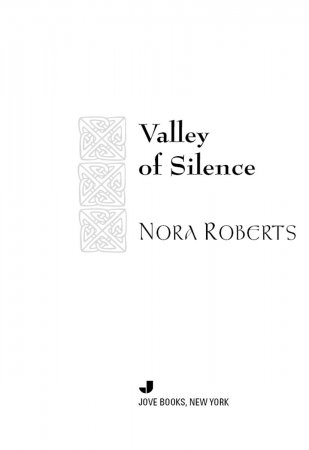 Valley of Silence
Valley of Silence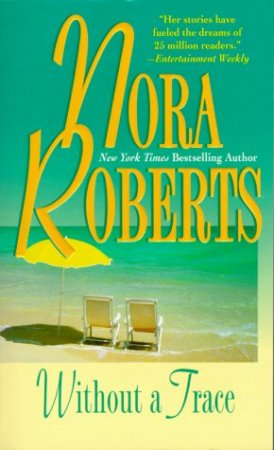 Without A Trace
Without A Trace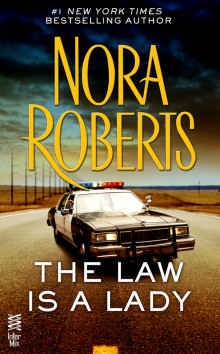 The Law is a Lady
The Law is a Lady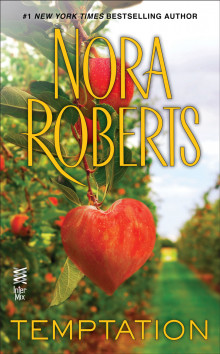 Temptation
Temptation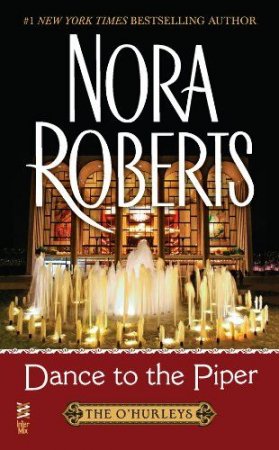 Dance to the Piper
Dance to the Piper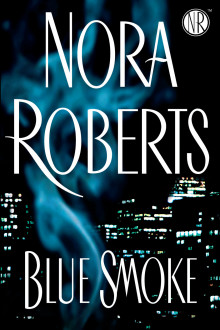 Blue Smoke
Blue Smoke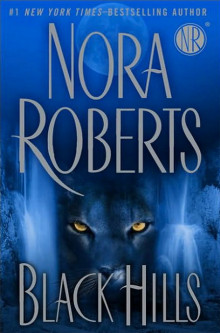 Black Hills
Black Hills The Heart's Victory
The Heart's Victory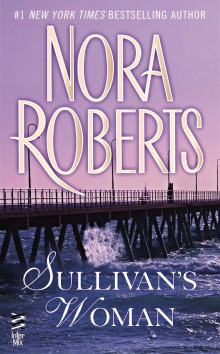 Sullivan's Woman
Sullivan's Woman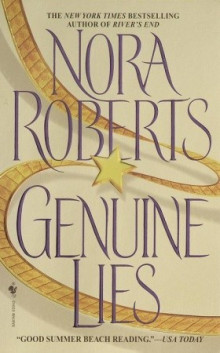 Genuine Lies
Genuine Lies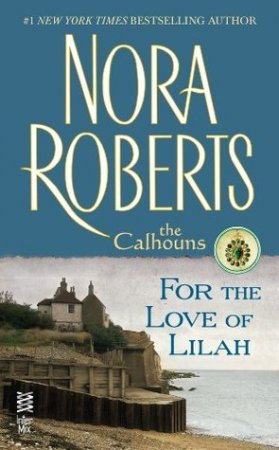 For the Love of Lilah
For the Love of Lilah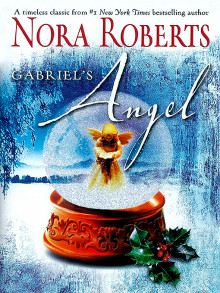 Gabriel's Angel
Gabriel's Angel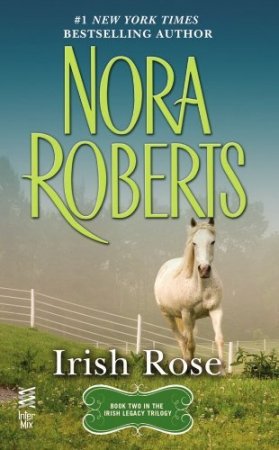 Irish Rose
Irish Rose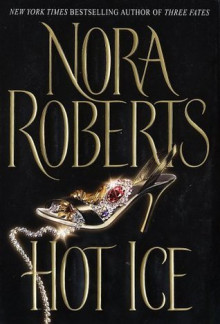 Hot Ice
Hot Ice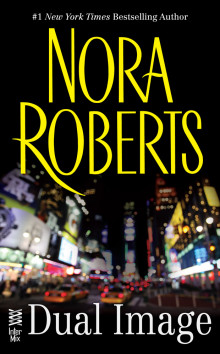 Dual Image
Dual Image Lawless
Lawless Catch My Heart
Catch My Heart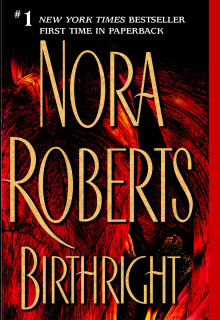 Birthright
Birthright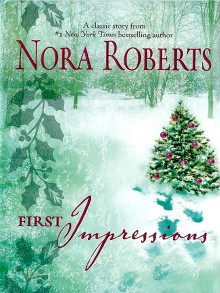 First Impressions
First Impressions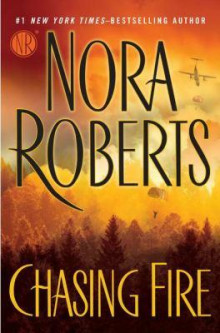 Chasing Fire
Chasing Fire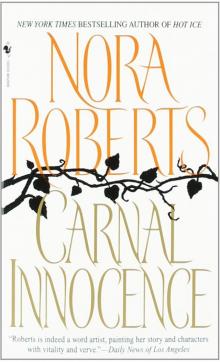 Carnal Innocence
Carnal Innocence Best Laid Plans
Best Laid Plans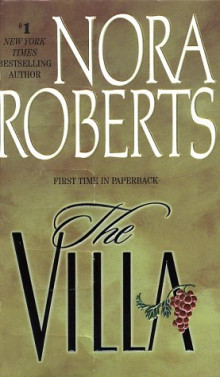 The Villa
The Villa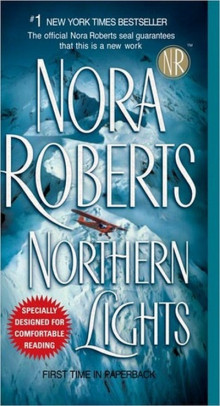 Northern Lights
Northern Lights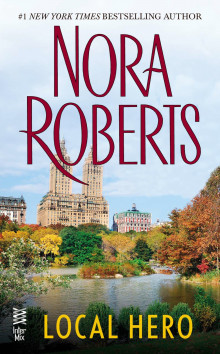 Local Hero
Local Hero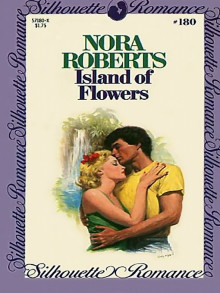 Island of Flowers
Island of Flowers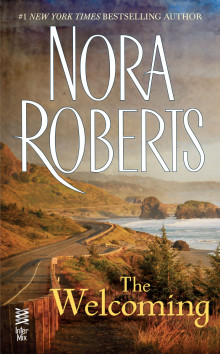 The Welcoming
The Welcoming All I Want for Christmas
All I Want for Christmas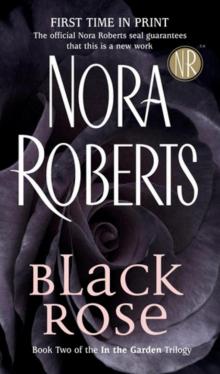 Black Rose
Black Rose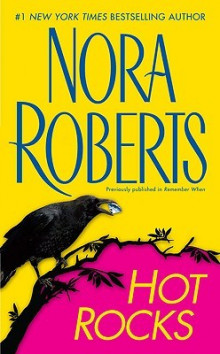 Hot Rocks
Hot Rocks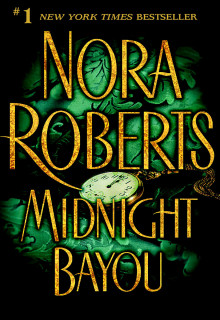 Midnight Bayou
Midnight Bayou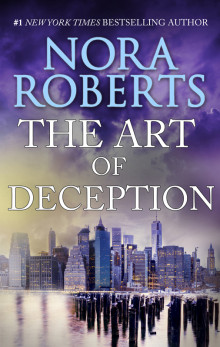 The Art of Deception
The Art of Deception From This Day
From This Day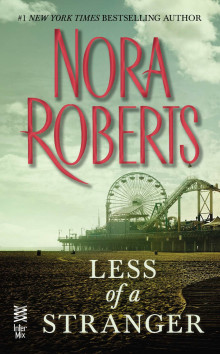 Less of a Stranger
Less of a Stranger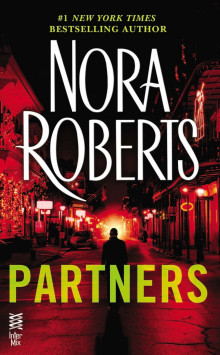 Partners
Partners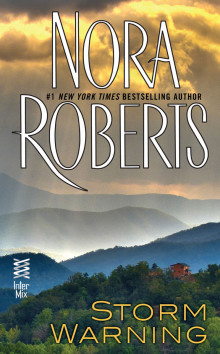 Storm Warning
Storm Warning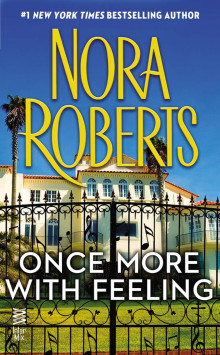 Once More With Feeling
Once More With Feeling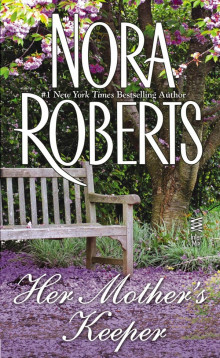 Her Mother's Keeper
Her Mother's Keeper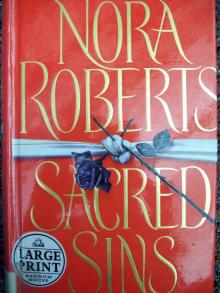 Sacred Sins
Sacred Sins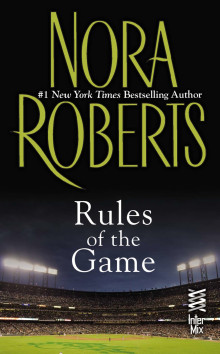 Rules of the Game
Rules of the Game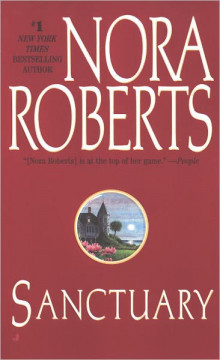 Sanctuary
Sanctuary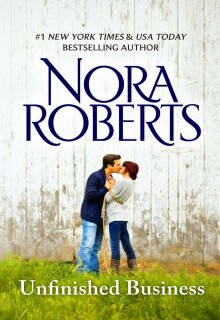 Unfinished Business
Unfinished Business Cordina's Royal Family Collection
Cordina's Royal Family Collection Dangerous Embrace
Dangerous Embrace One Summer
One Summer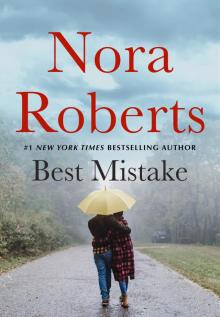 The Best Mistake
The Best Mistake Boundary Lines
Boundary Lines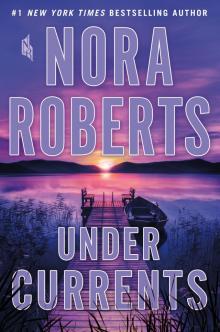 Under Currents
Under Currents The Stanislaski Series Collection, Volume 1
The Stanislaski Series Collection, Volume 1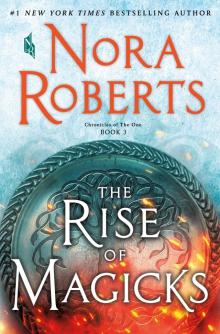 The Rise of Magicks
The Rise of Magicks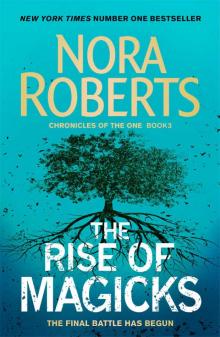 The Rise of Magicks (Chronicles of The One)
The Rise of Magicks (Chronicles of The One)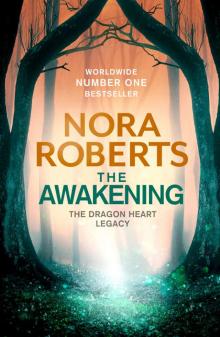 The Awakening: The Dragon Heart Legacy Book 1
The Awakening: The Dragon Heart Legacy Book 1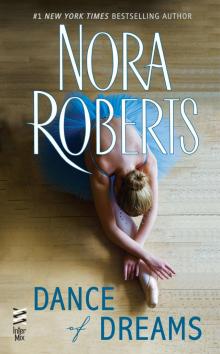 Dance of Dreams
Dance of Dreams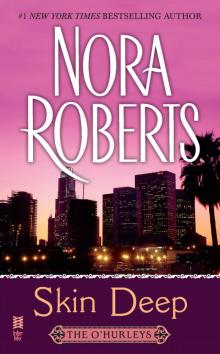 Skin Deep: The O'Hurleys
Skin Deep: The O'Hurleys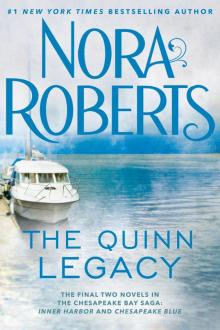 The Quinn Legacy: Inner Harbor ; Chesapeake Blue
The Quinn Legacy: Inner Harbor ; Chesapeake Blue![[Chronicles of the One 03.0] The Rise of Magicks Read online](http://i1.bookreadfree.com/11/chronicles_of_the_one_03_0_the_rise_of_magicks_preview.jpg) [Chronicles of the One 03.0] The Rise of Magicks
[Chronicles of the One 03.0] The Rise of Magicks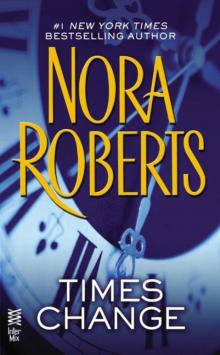 Times Change
Times Change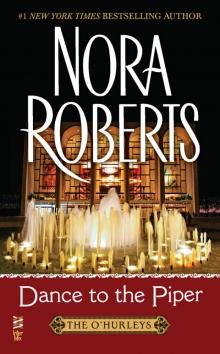 Dance to the Piper: The O'Hurleys
Dance to the Piper: The O'Hurleys Christmas In the Snow: Taming Natasha / Considering Kate
Christmas In the Snow: Taming Natasha / Considering Kate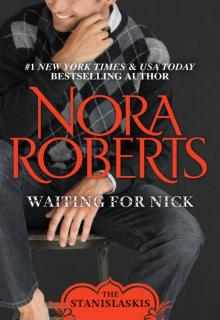 Waiting for Nick
Waiting for Nick Summer Desserts
Summer Desserts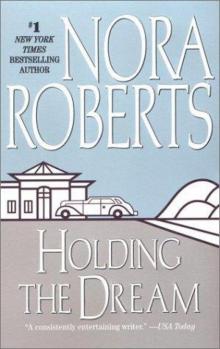 Dream 2 - Holding the Dream
Dream 2 - Holding the Dream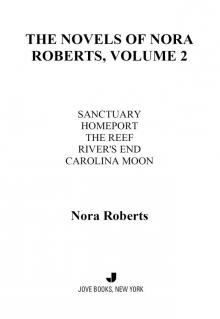 The Novels of Nora Roberts, Volume 2
The Novels of Nora Roberts, Volume 2 In the Garden Trilogy
In the Garden Trilogy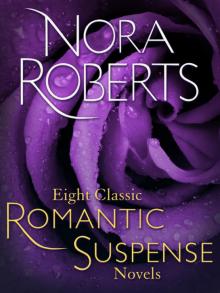 Eight Classic Nora Roberts Romantic Suspense Novels
Eight Classic Nora Roberts Romantic Suspense Novels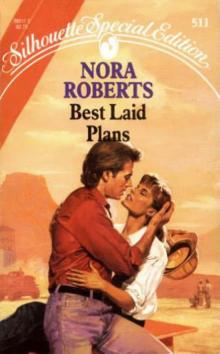 Best Laid Plans jh-2
Best Laid Plans jh-2 From the Heart
From the Heart Holiday Wishes
Holiday Wishes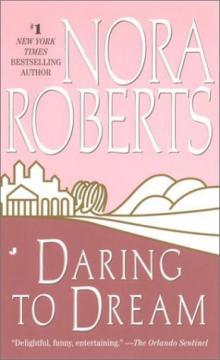 Dream 1 - Daring to Dream
Dream 1 - Daring to Dream Second Nature
Second Nature Summer Pleasures
Summer Pleasures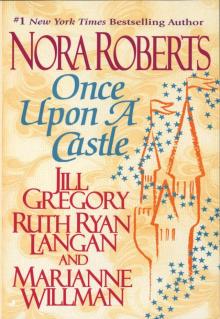 Once Upon a Castle
Once Upon a Castle Stars of Mithra Box Set: Captive StarHidden StarSecret Star
Stars of Mithra Box Set: Captive StarHidden StarSecret Star Impulse
Impulse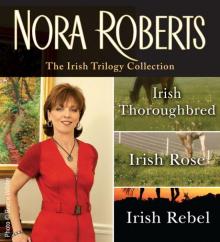 The Irish Trilogy by Nora Roberts
The Irish Trilogy by Nora Roberts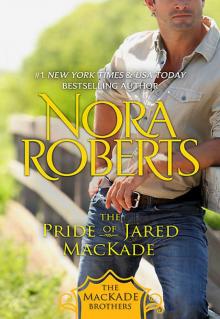 The Pride Of Jared Mackade tmb-2
The Pride Of Jared Mackade tmb-2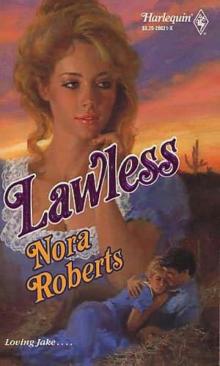 Lawless jh-3
Lawless jh-3 Taming Natasha
Taming Natasha Endless Summer
Endless Summer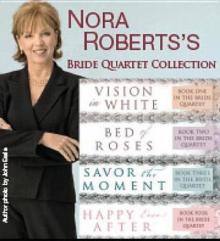 Bride Quartet Collection
Bride Quartet Collection Happy Ever After tbq-4
Happy Ever After tbq-4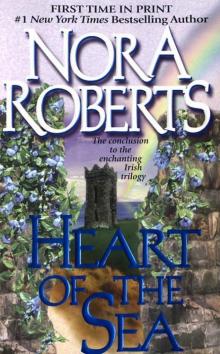 Heart Of The Sea goa-3
Heart Of The Sea goa-3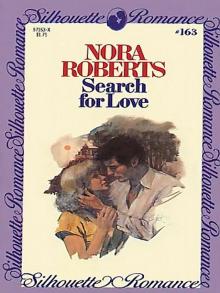 Search for Love
Search for Love Once upon a Dream
Once upon a Dream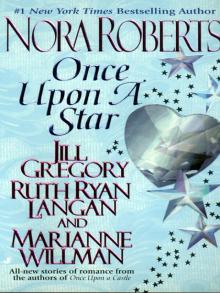 Once Upon a Star
Once Upon a Star Dream Trilogy
Dream Trilogy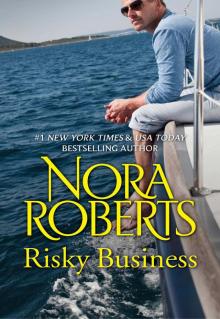 Risky Business
Risky Business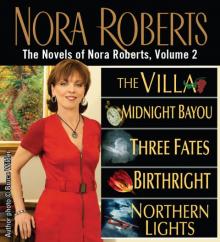 The Novels of Nora Roberts, Volume 3
The Novels of Nora Roberts, Volume 3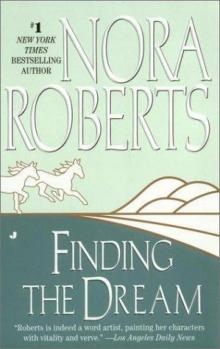 Dream 3 - Finding the Dream
Dream 3 - Finding the Dream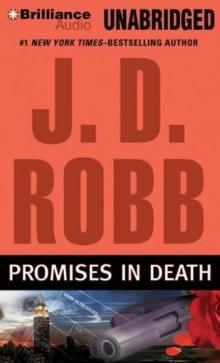 Promises in Death id-34
Promises in Death id-34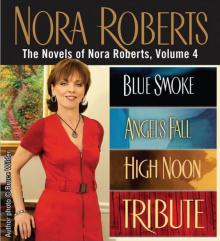 The Novels of Nora Roberts, Volume 4
The Novels of Nora Roberts, Volume 4 The Perfect Hope ib-3
The Perfect Hope ib-3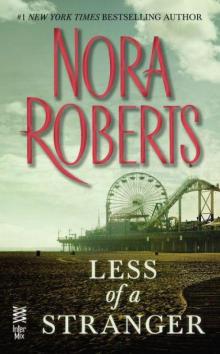 Less than a Stranger
Less than a Stranger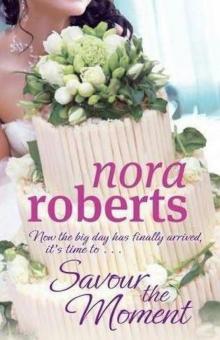 Savour the Moment: Now the Big Day Has Finally Arrived, It's Time To...
Savour the Moment: Now the Big Day Has Finally Arrived, It's Time To...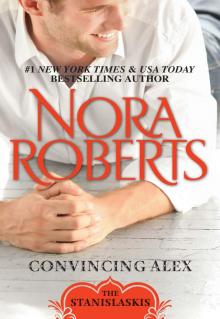 Convincing Alex
Convincing Alex Bed of Roses tbq-2
Bed of Roses tbq-2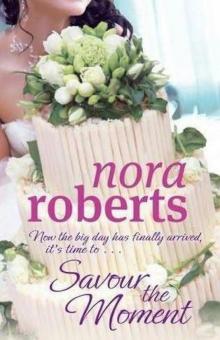 Savour the Moment tbq-3
Savour the Moment tbq-3 Lessons Learned
Lessons Learned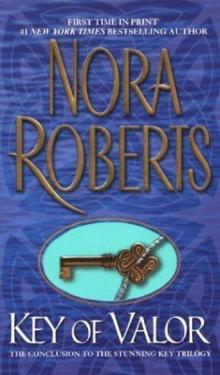 Key Of Valor k-3
Key Of Valor k-3 Red lily gt-3
Red lily gt-3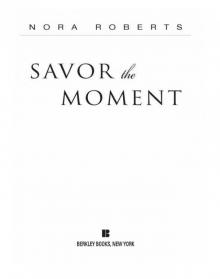 Savor the Moment
Savor the Moment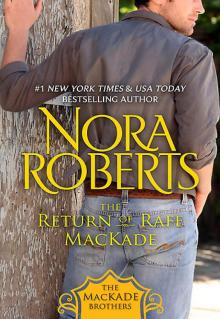 The Return Of Rafe Mackade tmb-1
The Return Of Rafe Mackade tmb-1 For The Love Of Lilah tcw-3
For The Love Of Lilah tcw-3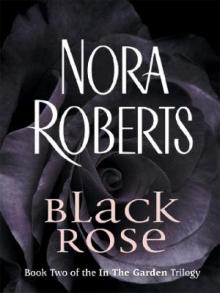 Black Rose gt-2
Black Rose gt-2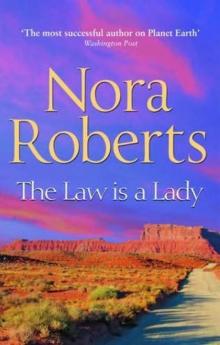 Novels: The Law is a Lady
Novels: The Law is a Lady Chesapeake Bay Saga 1-4
Chesapeake Bay Saga 1-4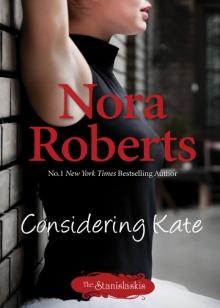 Considering Kate
Considering Kate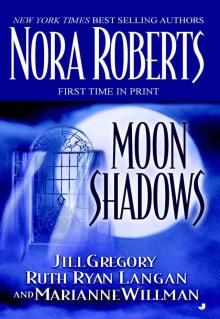 Moon Shadows
Moon Shadows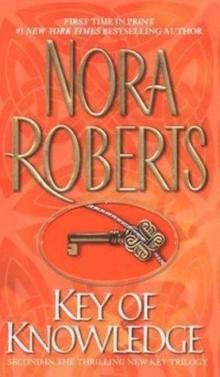 Key of Knowledge k-2
Key of Knowledge k-2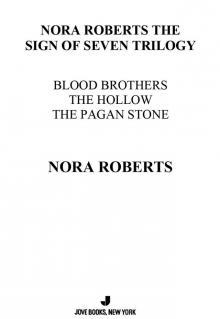 The Sign of Seven Trilogy
The Sign of Seven Trilogy Once Upon a Kiss
Once Upon a Kiss The Novels of Nora Roberts, Volume 5
The Novels of Nora Roberts, Volume 5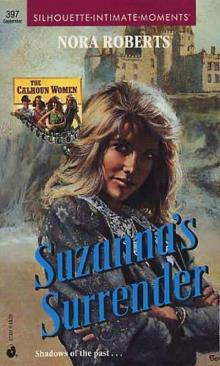 Suzanna's Surrender tcw-4
Suzanna's Surrender tcw-4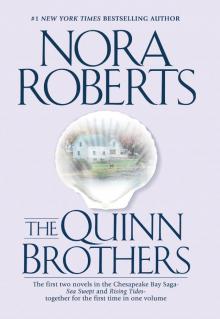 The Quinn Brothers
The Quinn Brothers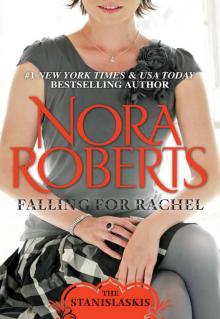 Falling for Rachel
Falling for Rachel Brazen Virtue
Brazen Virtue Time Was
Time Was The Gallaghers of Ardmore Trilogy
The Gallaghers of Ardmore Trilogy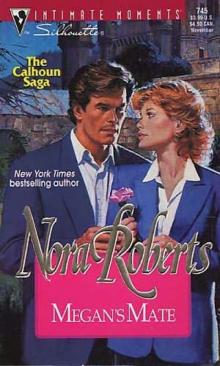 Megan's Mate tcw-5
Megan's Mate tcw-5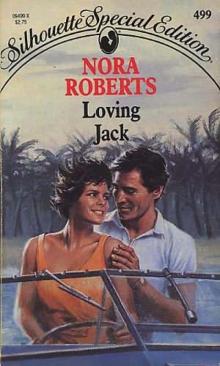 Loving Jack jh-1
Loving Jack jh-1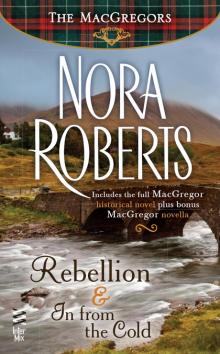 Rebellion & In From The Cold
Rebellion & In From The Cold Blue Dahlia gt-1
Blue Dahlia gt-1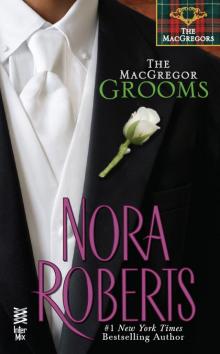 The MacGregor Grooms
The MacGregor Grooms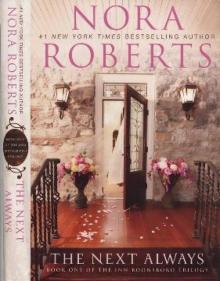 The Next Always tibt-1
The Next Always tibt-1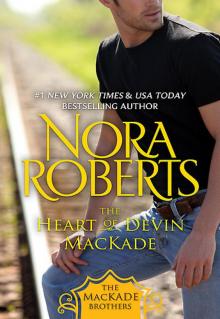 The Heart Of Devin Mackade tmb-3
The Heart Of Devin Mackade tmb-3 The Novels of Nora Roberts Volume 1
The Novels of Nora Roberts Volume 1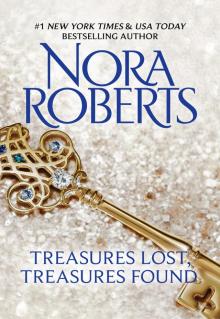 Treasures Lost, Treasures Found
Treasures Lost, Treasures Found Nora Roberts's Circle Trilogy
Nora Roberts's Circle Trilogy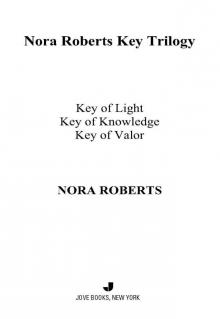 The Key Trilogy
The Key Trilogy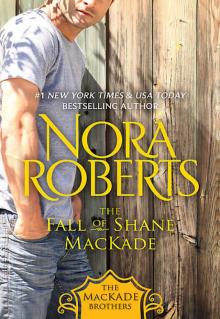 The Fall Of Shane Mackade tmb-4
The Fall Of Shane Mackade tmb-4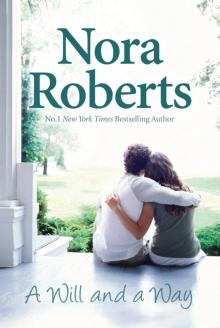 A Will And A Way
A Will And A Way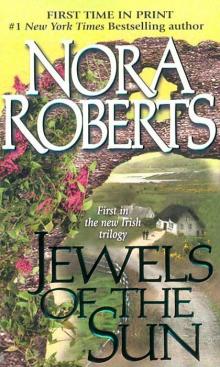 Jewels of the Sun goa-1
Jewels of the Sun goa-1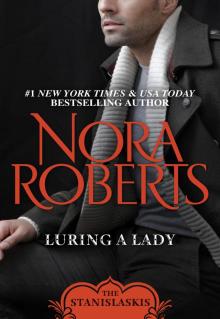 Luring a Lady
Luring a Lady